The now universally acknowledged failure of vaccines and masks to reduce your chances of spreading, contracting or dying from Covid (any more effectively than, say, having a Lemsip and a lie-down), and the alarming spike in excess deaths in countries where vaccination and mask-wearing were mandatory (reported so well in these pages by Rebecca Weisser but ignored by our mainstream media), have done nothing to bolster faith in the adage ‘prevention is better than cure’. Nor has the UK government’s decision to name an inquiry into the causes of terrorism ‘Prevent’ when, as has now been revealed, only 20 per cent of the inquiry’s budget was spent on the surveillance of Muslims, known to be responsible for 90 per cent of UK terrorist attacks (including the Manchester Arena bombing which triggered the inquiry), and 80 per cent of it on the surveillance of non-Muslims known to hold the odd conservative opinion. Prevent’s credibility has been further undermined by its assertion that the books people read and the films and TV they watch can identify them as potentially dangerous extremists. This would be understandable if the inquiry had revealed that a disproportionate number of British cleaners have reported seeing copies of Mein Kampf and The Protocols of the Elders of Zion on their employers’ coffee tables and swastika or Isis flag screensavers on their laptops. But according to William Shawcross, the journalist brought out of retirement to head up Prevent, it is books like Lord of the Rings, Tinker Tailor Soldier Spy and The Complete Works of Shakespeare we should be concerned about, as well as films like Bridge On the River Kwai, The Dam Busters and The Great Escape, not to mention TV shows like Yes Minister, The Thick of it and – perhaps most worryingly – Great British Railway Journeys, presented as it is by that most sinister and subversive influencer Michael Portillo. If such tomes and titles really are, as Prevent asserts, ‘key texts for white supremacists’ and ‘likely to encourage far-right sympathies’, the next generation of British suicide bombers and shopping mall stabbers will come not from the madrassas of Peshawar but the aged care facilities of Tunbridge Wells.
But compared with the people who actually make books and films, British politicians have rather dragged their heels in their attempts to impose a prophylactic snowflake agenda. The decision by Puffin, Penguin’s children’s imprint, to substantially rewrite Roald Dahl’s oeuvre to make it more inclusive is just an unusually conspicuous example of the woke paternalism which has gained controlling traction in most Western publishing houses and production companies. Penguin is by no means the only publisher which submits all its manuscripts to a ‘sensitivity reader’, and for years now, film and TV casting directors have had to observe increasingly stringent ethnic diversity quotas whether the job is a washing powder commercial or a Regency drama, the often Pythonesque results of which can be seen in Netflix’s otherwise quite watchable Bridgerton and the BBC’s utterly unwatchable Sanditon. Meanwhile the presence on sex-scene sets of an ‘intimacy coordinator’ has become such a Hollywood commonplace that Steve Coogan made it a plotline of Chivalry, his latest post-modern vanity project. The corporate world, never slow to tick ideological boxes, has formalised at boardroom level its commitment to creating and maintaining ‘safe spaces’. Not long ago, only the largest companies who could afford to employ HR managers, most of them sociology graduates whose job was restricted to mediating sexual harassment claims. Today, HR is the front line in the war against every kind of ethnic and gender discrimination in the workplace, and the role of HR managers has evolved from corporate introspection to PR. And just as publishing companies now employ sensitivity readers to make sure authors who express views which do not chime with the prevailing orthodoxy don’t get read, it cannot be long before the purview of HR Managers will extend to recruitment, where they will be responsible for ensuring that people with political, social or cultural views which are inconsistent with the twitter-proof banality of the company’s home page don’t get hired. The only large institutions which don’t need to invest heavily in HR are, of course, our universities. This is because their bosses know they can rely on even the lowest paid faculty member to police the opinions of their co-workers as efficiently as any HR manager, and that anyone who is already on the payroll, but who strays from the official narrative on anything from climate change to personal pronouns, can be fired with impunity.
Australia was once a culture of individual empowerment, where even convicts had the right to express their opinions and were given a say in their own governance. Today increasingly, it is a culture of prevention and conformity. Ten years ago you had to drive half an hour out of any Australian city to see sheep. Today every CBD is full of them.
Got something to add? Join the discussion and comment below.
Get 10 issues for just $10
Subscribe to The Spectator Australia today for the next 10 magazine issues, plus full online access, for just $10.
You might disagree with half of it, but you’ll enjoy reading all of it. Try your first month for free, then just $2 a week for the remainder of your first year.



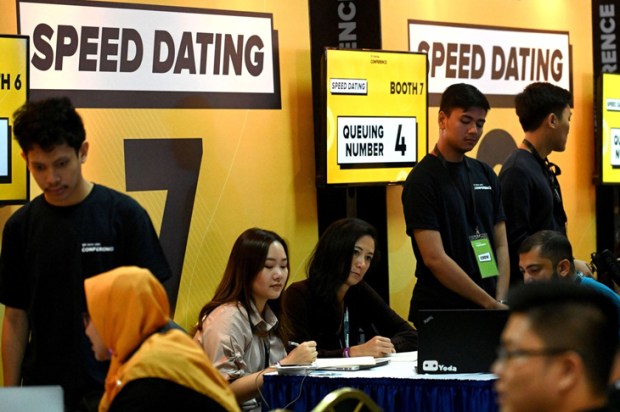
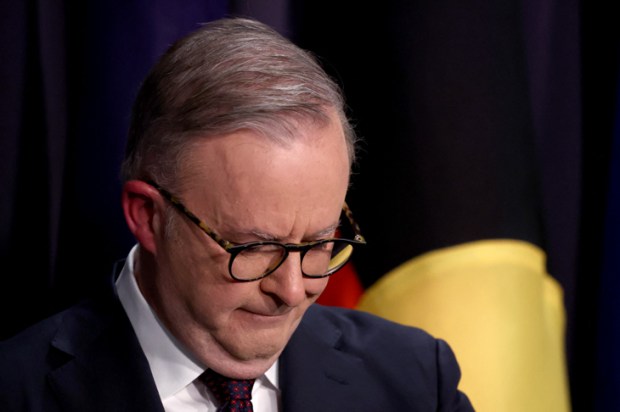
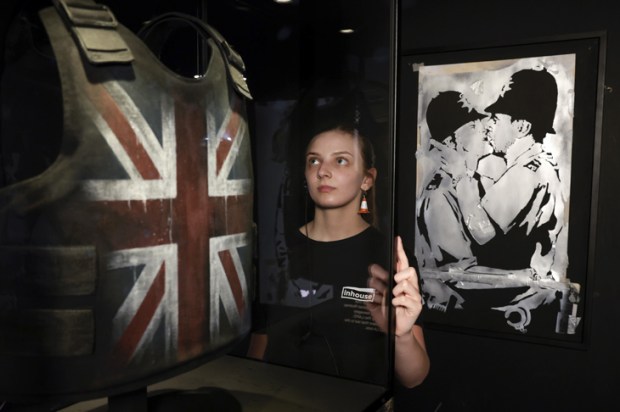
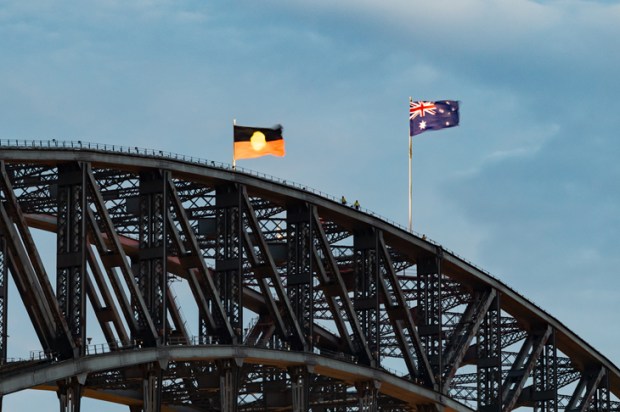

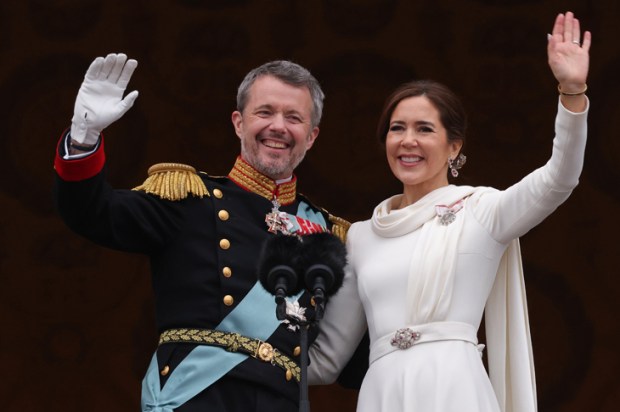






Comments
Don't miss out
Join the conversation with other Spectator Australia readers. Subscribe to leave a comment.
SUBSCRIBEAlready a subscriber? Log in